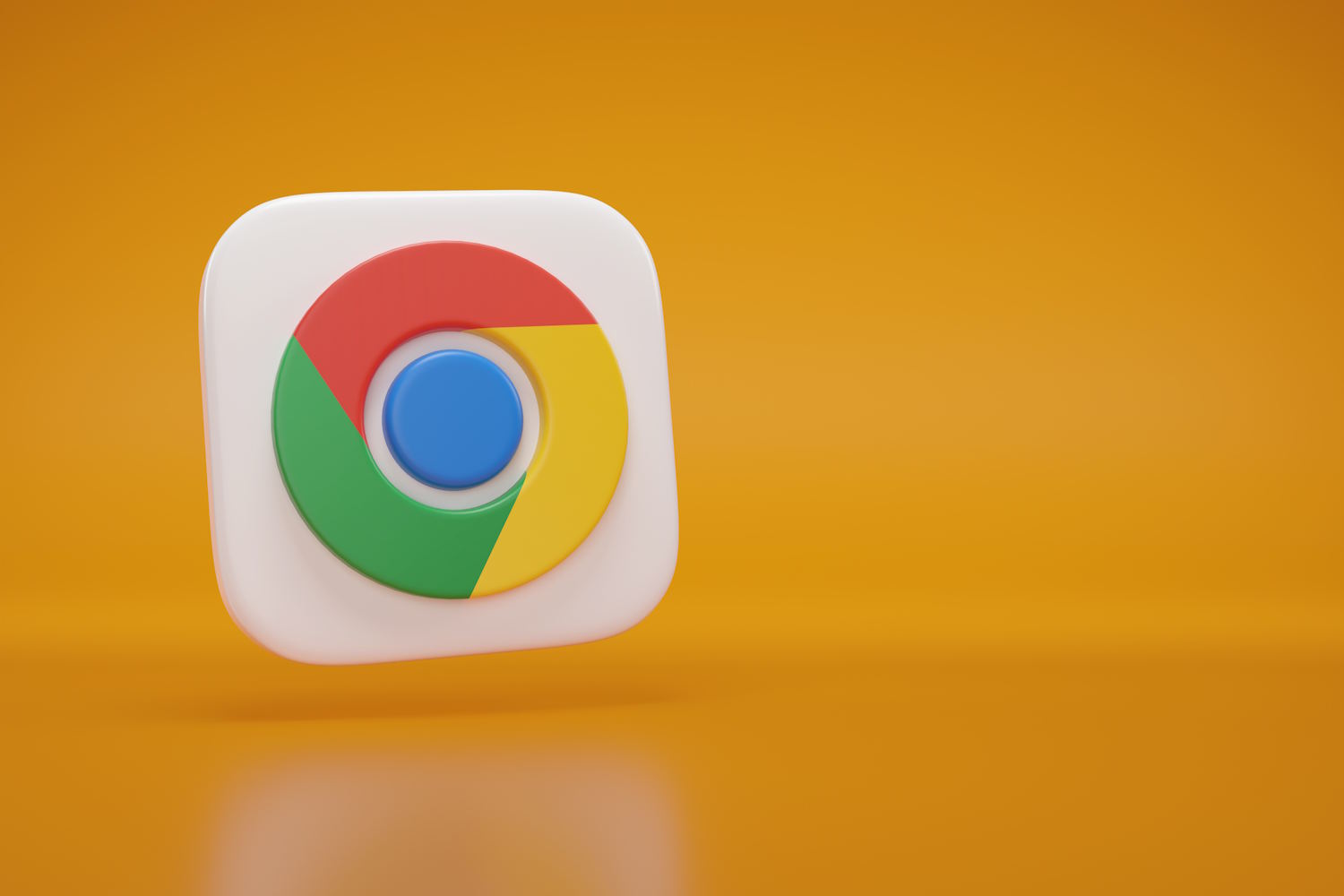
Google is testing an iOS-style navigation feature for Chrome
Talent borrows, genius steals – or so the saying goes. In the world of software, there is certainly a lot of borrowing of ideas, and Google is no stranger to bringing influences from other browsers to Chrome.
The latest example sees Google copying an idea that was implemented by Apple some time ago. Designed to aid navigation, Chrome now has a “predictive back animation” much like the one that was introduced in Android 16 for app navigation. But just what does this latest feature mean for users – and when can you expect to see it?
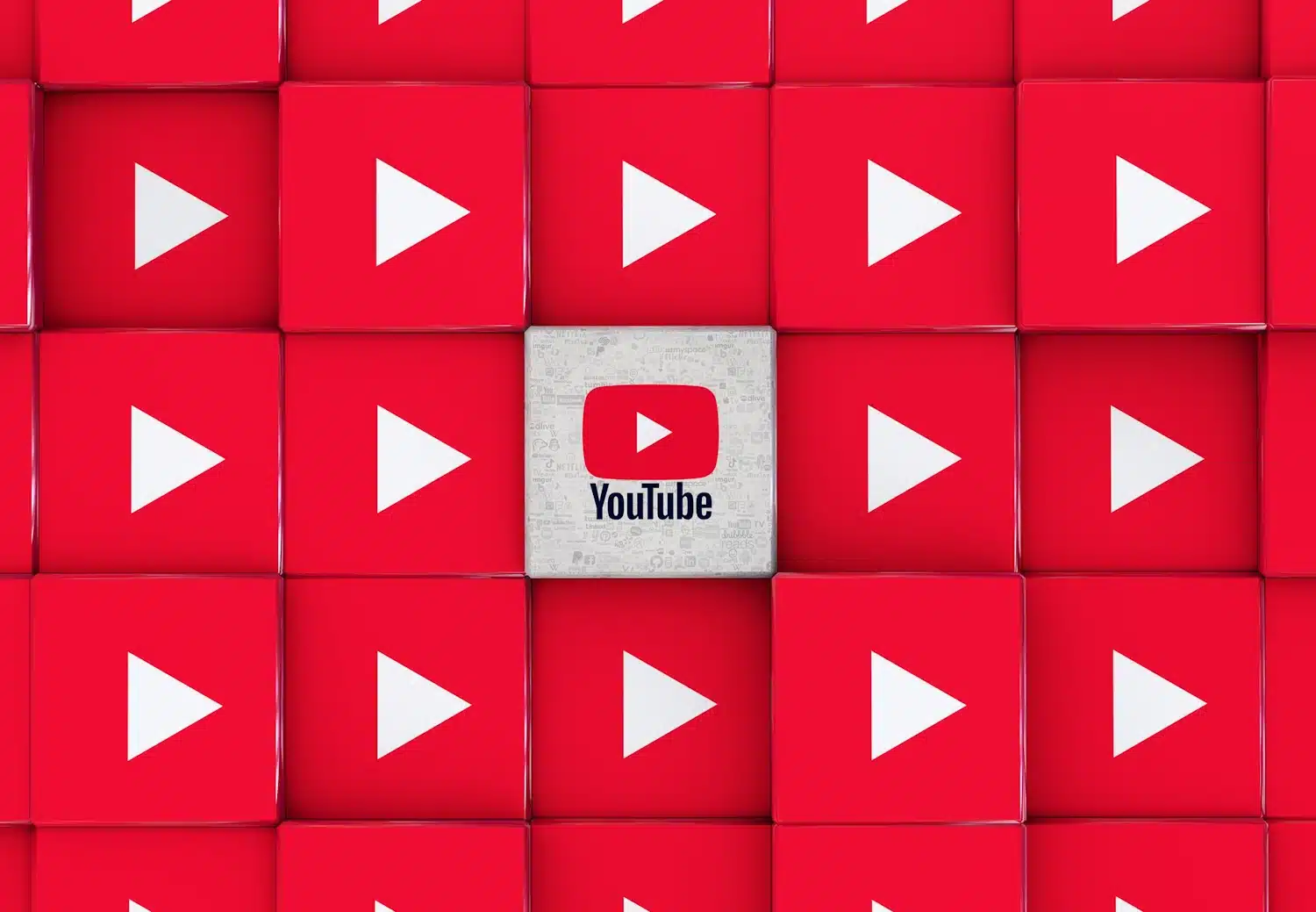
Google makes cheaper YouTube Premium Lite available more widely
Google has announced that it is expanding the availability of the recently added cheaper tier of YouTube Premium. The YouTube Premium Lite package costs a little over half the price of the regular YouTube Premium subscription which should serve as a lure to potential customers who have been sitting on the fence.
The lower price, inevitably, means having to make some compromises, but YouTube Premium Lite delivers what most people will be looking for – a broadly ad-free experience on YouTube.
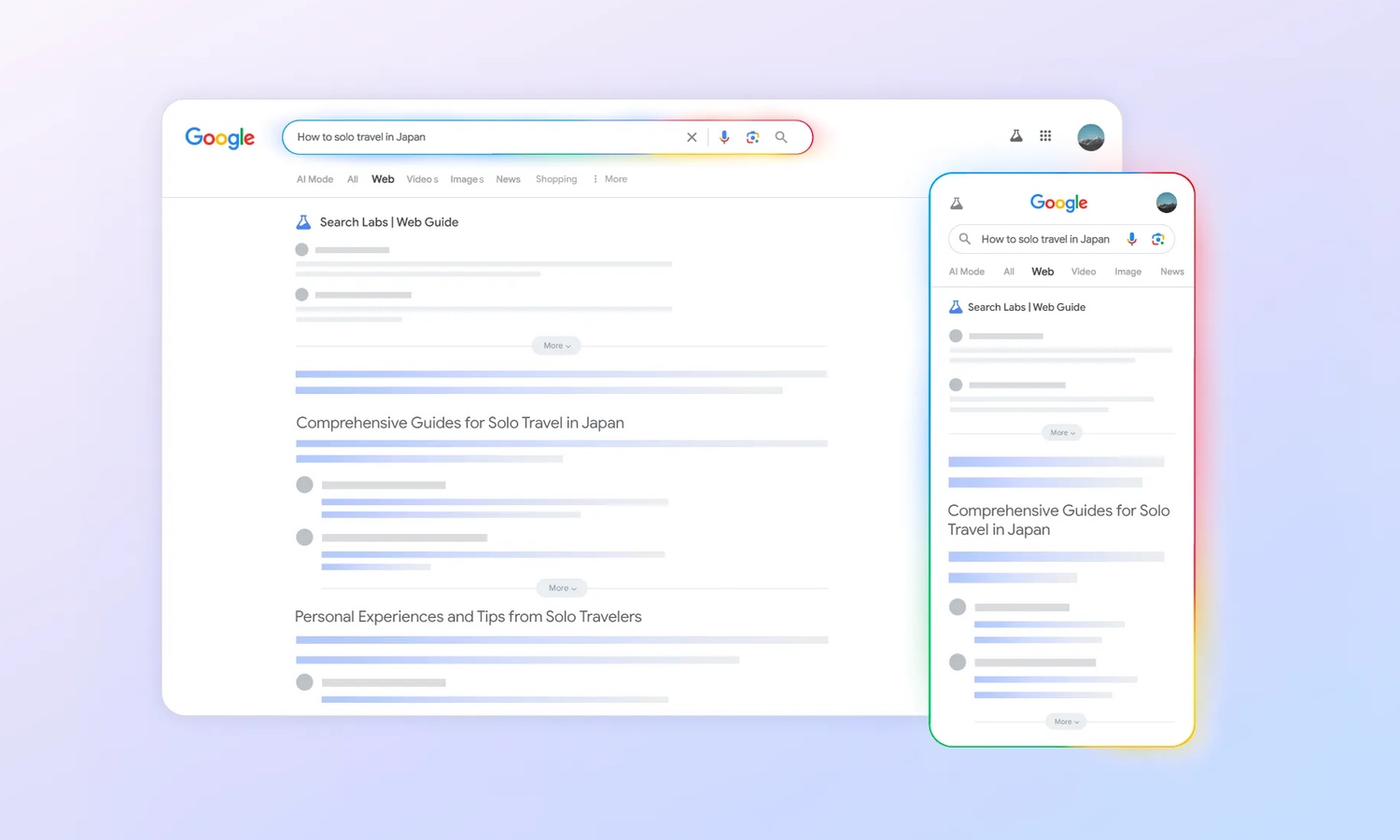
Google is injecting more AI into searches with Web Guide
With interests in both web searching and AI, that Google has blended the two should surprise no one. With the launch of Web Guide, the company is taking things a step further.
At the moment, the new Web Guide is both optional and experimental. This is not necessarily a vision of what Google has in store for its search engine, but it very likely is. This time around, Google is turning to artificial intelligence to change the way in which search results are displayed.
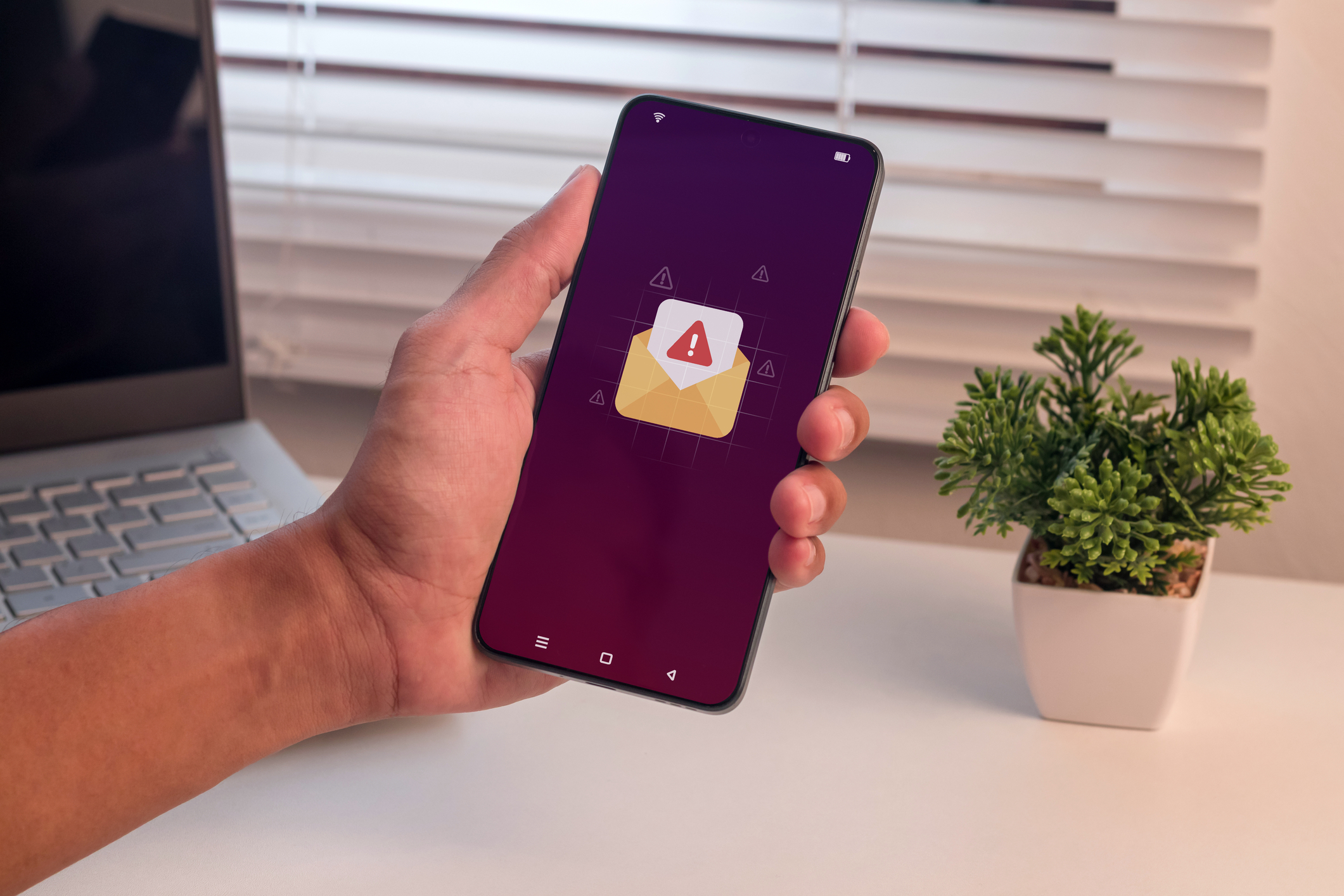
New report says Android users are better at avoiding scams than iPhone owners
A new analysis of smartphone security habits reveals that Android users are safer online than their iPhone counterparts. Based on data from over 1,300 people in the US, UK, Austria, Germany, and Switzerland, the report from Malwarebytes highlights key differences in how Android and iPhone users behave, and how those choices impact their chances of falling for online scams.
According to the research, Android users more often use security tools, make smarter purchasing decisions, and protect their accounts with stronger passwords. They are also less likely to fall for scams.
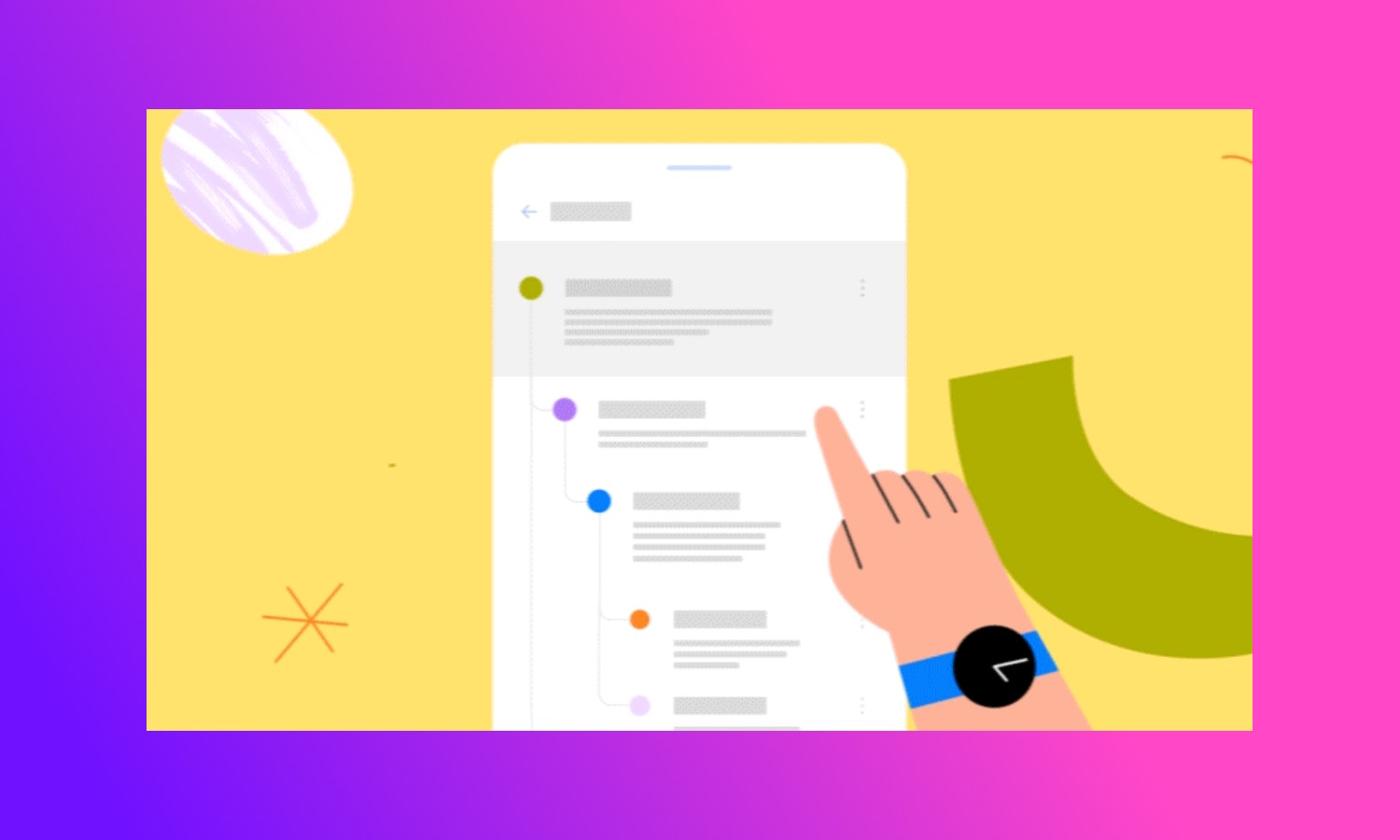
YouTube is experimenting with comment threading
Following the lead of just about every website and social platform, YouTube is introducing comment threading. But before you get too excited about gaining the ability to view nested replies and being able to follow conversations more easily, there are a couple of quirks.
Firstly, this is – for now, at least – limited to the iOS and Android apps, so if you access YouTube via a web browser, you are out of luck. Secondly, this is an experiment so try not to get too attached to it.
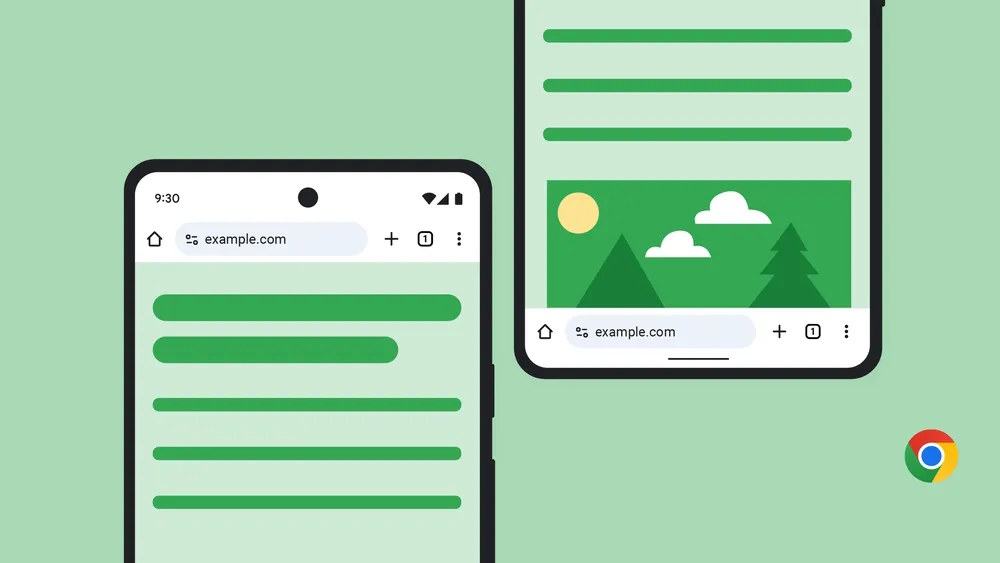
Google Chrome address bar – are you a top or a bottom?
Across all platforms, Google Chrome remains one of the most popular – if not the most popular – web browser. But while the desktop version of the software is versatile, customizable and flexible, the same cannot be said of the mobile apps.
And this is why an announcement made by Google several weeks ago caused a flurry of excitement. On the face of things, the news that it would be possible to move the address bar from its familiar position at the top of the browser may not seem huge, but now that it is rolling out, it is becoming clear that it is actually pretty significant for Android users.

Google launches new AI security initiatives
Ahead of the summer’s round of cybersecurity conferences Google is announcing a range of new initiatives aimed at bolstering cyber defenses with the use of AI.
Last year the company launched Big Sleep, an AI agent developed by Google DeepMind and Google Project Zero, that actively searches and finds unknown security vulnerabilities in software.
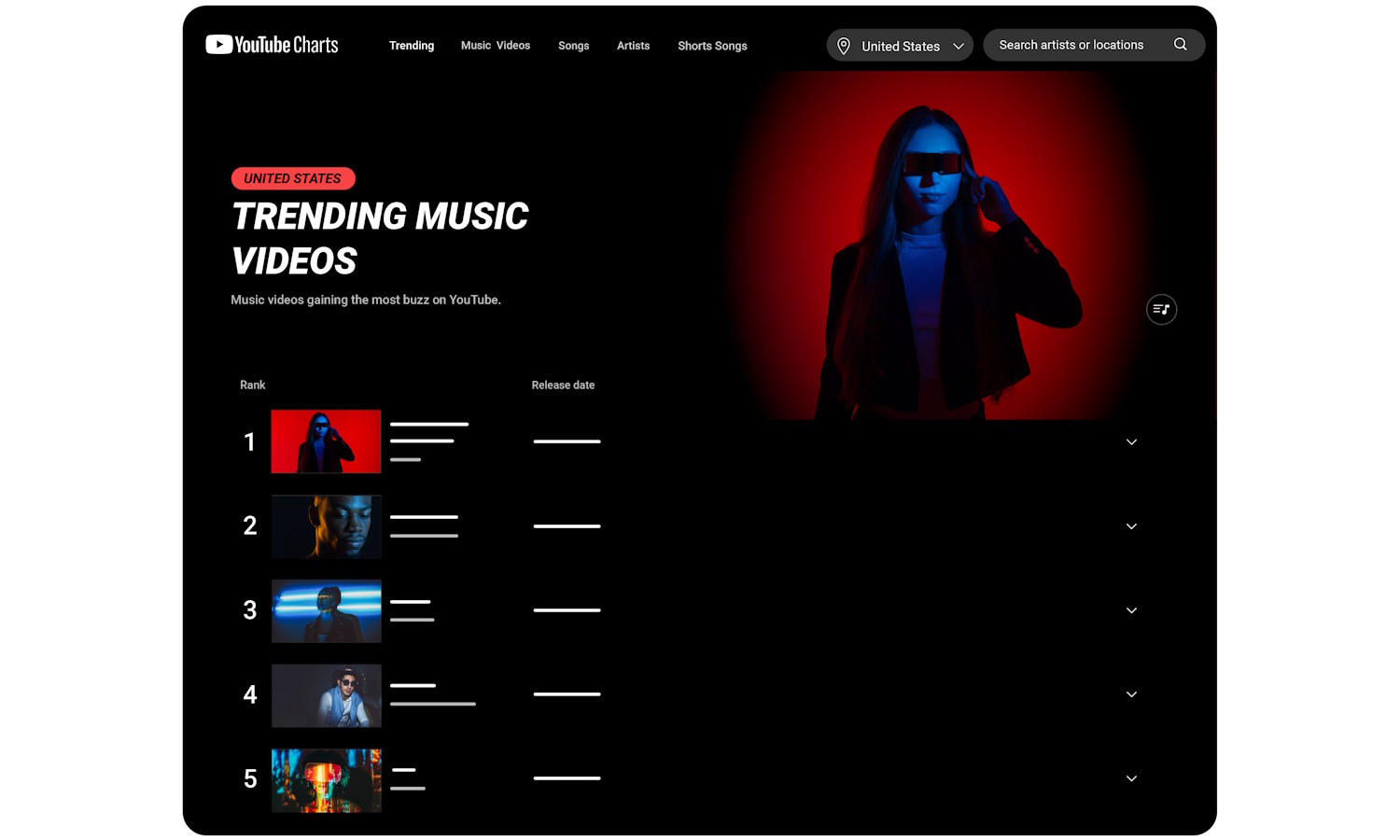
YouTube is dropping the Trending page as it shakes up content discovery
Google has announced an upcoming change to YouTube that will see it dropping the Trending page that was introduced 10 years ago. The company says that it is shifting to charts for different video genres in response to changes in the way users discover and consume content.
A decade after it first appeared, the Trending page is now far less popular than it used to be. This is partly because of fragmentation, but also because of the sheer volume of content that is uploaded every day.
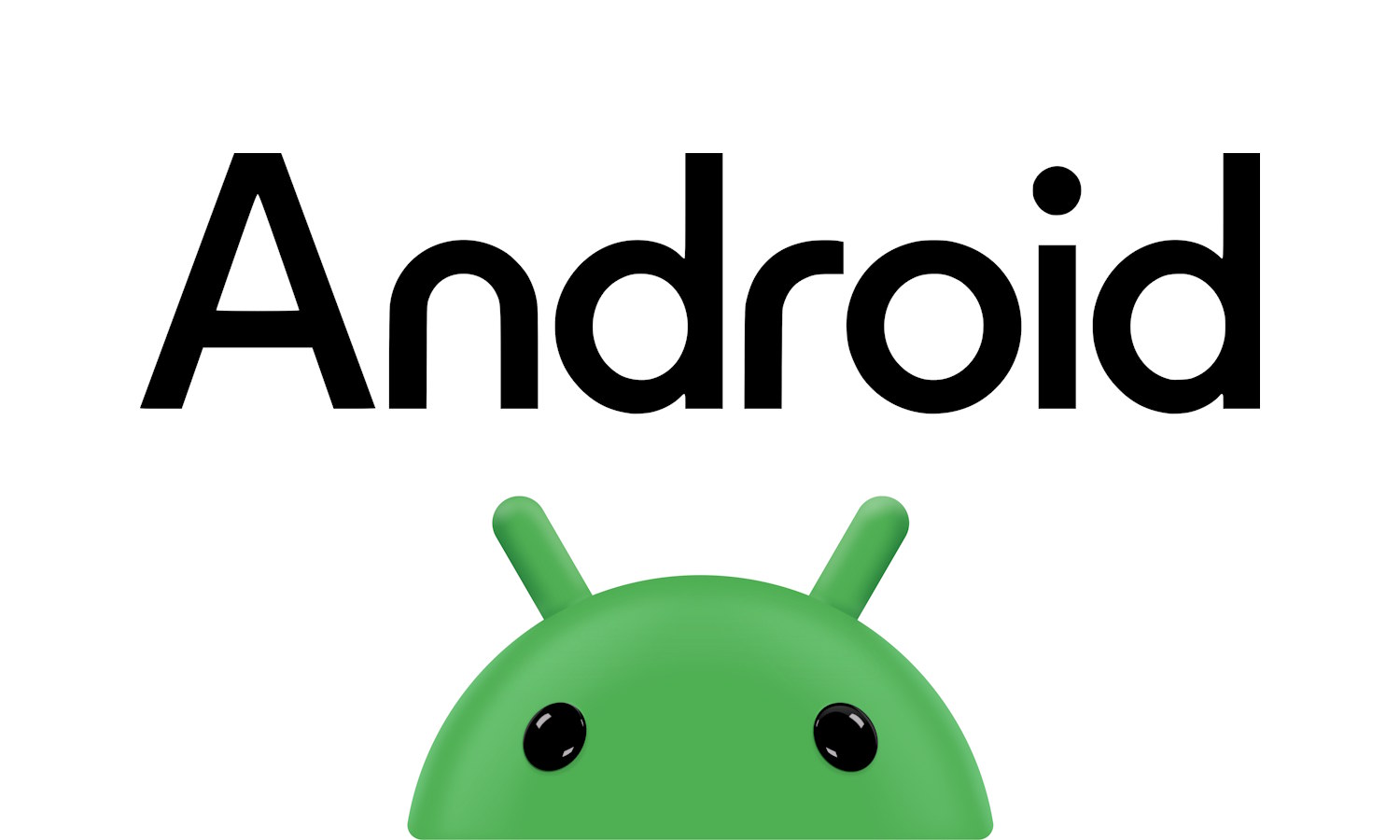
Google launches Android Canary channel for beta testing early builds
Just as it did some years ago for its Chrome browser, Google has announced a new Canary channel for Android. Aimed at developers, the idea behind Android Canary is to provide early access to not only new features but also APIs.
Beta testing software is an exciting way to get to try out the latest features of a products faster, and it gives companies a way to try out new ideas and get feedback. While the availability of a new testing channel for Android is good news for many, there is something of a caveat.

YouTube is fighting AI slop with new monetization guidelines
YouTube has become overrun with mass-produced content generated by artificial intelligence. Known as AI slop, such content has spread cancerously across the video platform as pseudo creators seek to make a quick buck.
Now Google has had enough. Seeking to de-incentivize the creation of such content, it is updating YouTube policies so that it will be much more difficult to make money from AI slop.
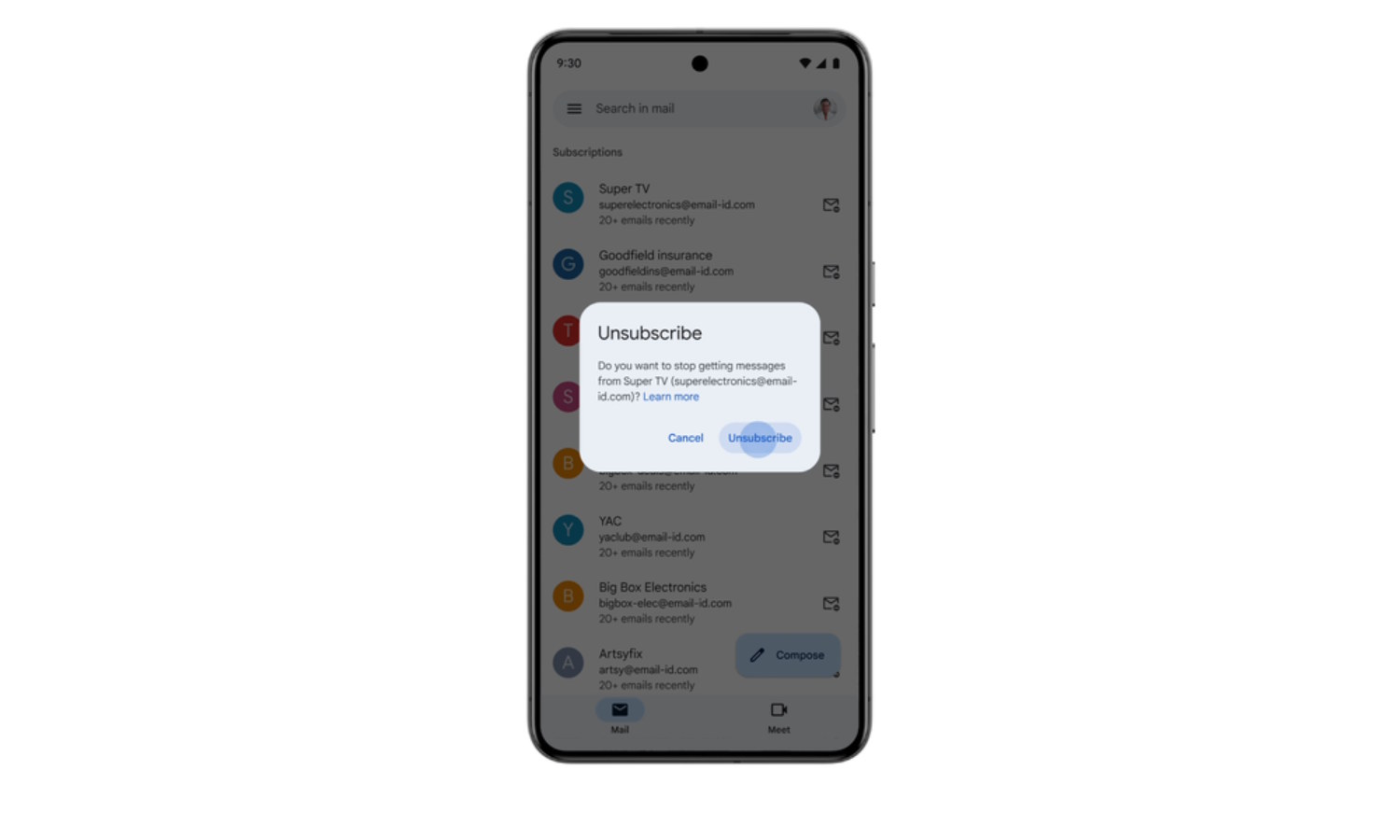
Google launches Manage Subscriptions for Gmail to kill unwanted email
Keeping on top of emails can feel like a full-time job, but Google is making things easier for Gmail users. We learned about the Manage Subscriptions feature earlier in the year, but it is now starting to hit inboxes.
Everyone receives huge volumes of emails these days, and a lot of time can be spent sorting the wheat from the chaff, determining which email need attention and which are junk to be deleted. Google’s new Manage Subscription option provides a way to quicky see a list of the mailing lists you have subscribed to.
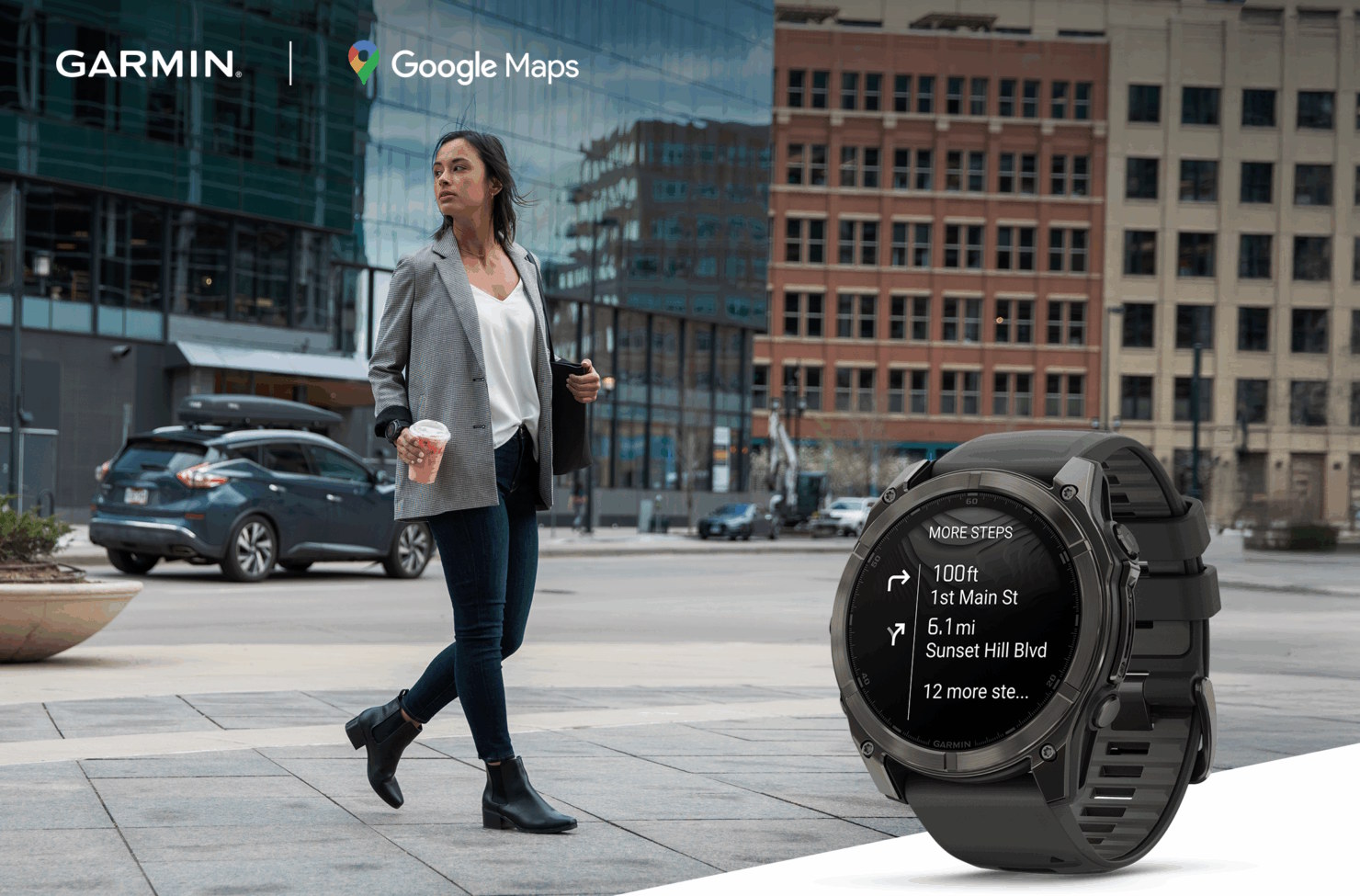
Google Maps finally lands on Garmin devices for on-wrist navigation
Google Maps is so ubiquitous that it is hard to imagine that there are any unsupported platforms remaining, but there are still a few. This is highlighted by arrival of Google Maps for Garmin smartwatches via the Connect IQ Store.
This free app means that owners of key Garmin devices can now benefit from turn-by-turn navigation on their wrist. The newly released app is targeted primarily at walkers, cyclists and runners, but it can also be used when driving or performing other activities if this feels helpful to users.
Google reduces Pixel 6a battery life with mandatory Android 16 update
In just a few days, Google is starting the rollout of a mandatory automatic software update to Android 16 for Pixel 6a handsets. While an update would generally be expected to add features or improve performance, this particular, unavoidable update will have an unwanted side effect for some handset owners.
Having determined that some Pixel 6a handsets are a risk of an overheating battery, the update is being used to reduce battery capacity and charging performance on impacted devices. For users who are unhappy with this, there is the option of a battery replacement, but there are eligibility criteria.
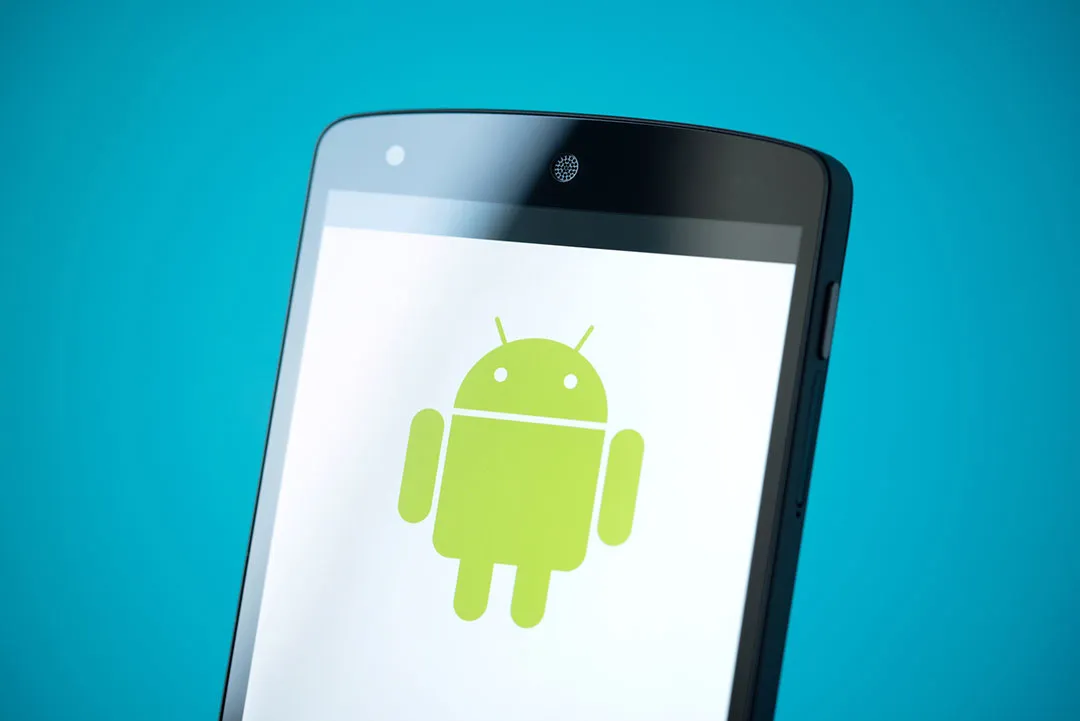
Forget about Fake Cell Towers and Spying Threats: Android 16 Introduces New Security Features
Mobile security enhancements have become an essential part of OS developments. To make mobile security better, Google has announced that Android 16 will include a feature that detects and warns users about fake or insecure cell towers and an often-overlooked threat that can be used to spy on individuals or steal sensitive data.
This new feature is part of strategic efforts by Google to strengthen privacy protections within its mobile ecosystem. As detailed in recent reports from Android Authority, the upcoming version of Android will notify users when their devices connect to suspicious mobile networks, particularly those attempting to gather identifying information or lacking encryption.
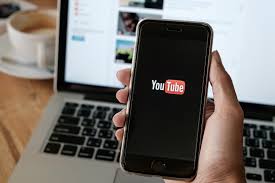
Google Expands its AI Overviews to YouTube App, Starting with U.S. Premium
Google-owned YouTube started testing a new “AI-powered search results carousel” to help users find what they are looking for faster.
The new feature is only available on the mobile apps (iOS and Android) and only in English. Only a small, randomly selected group of YouTube Premium members in the United States who opt in through the YouTube Labs page will have access to this new feature.
